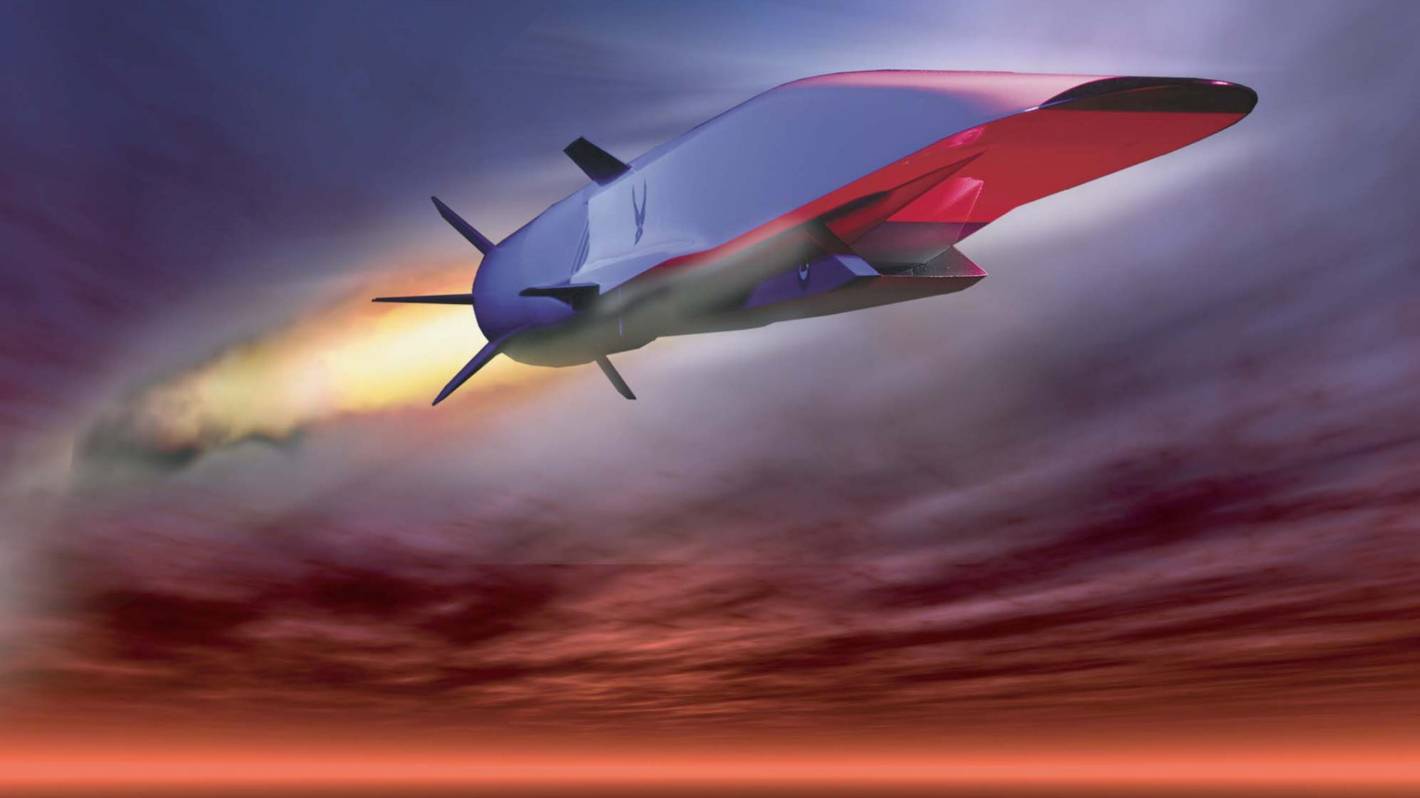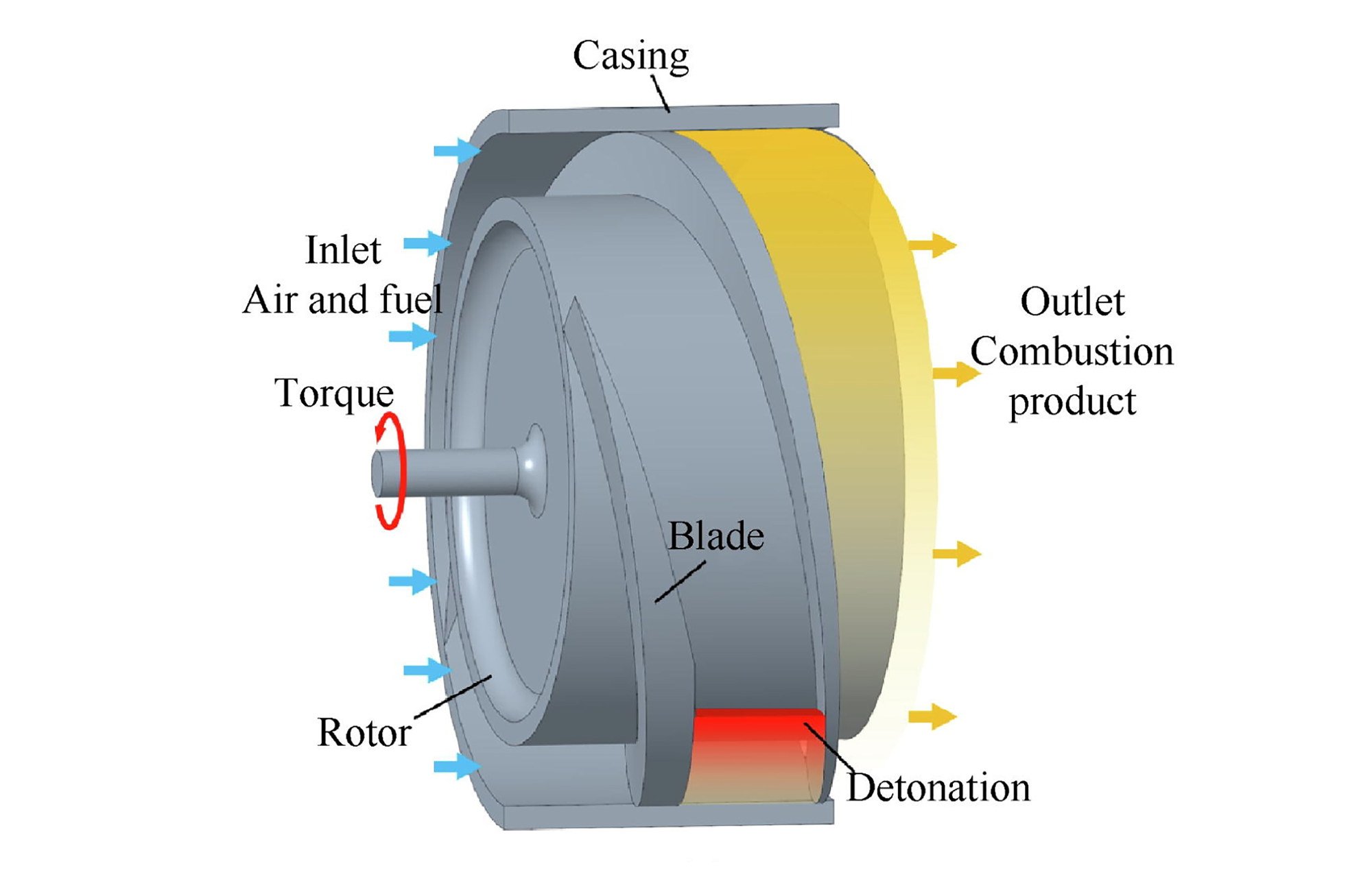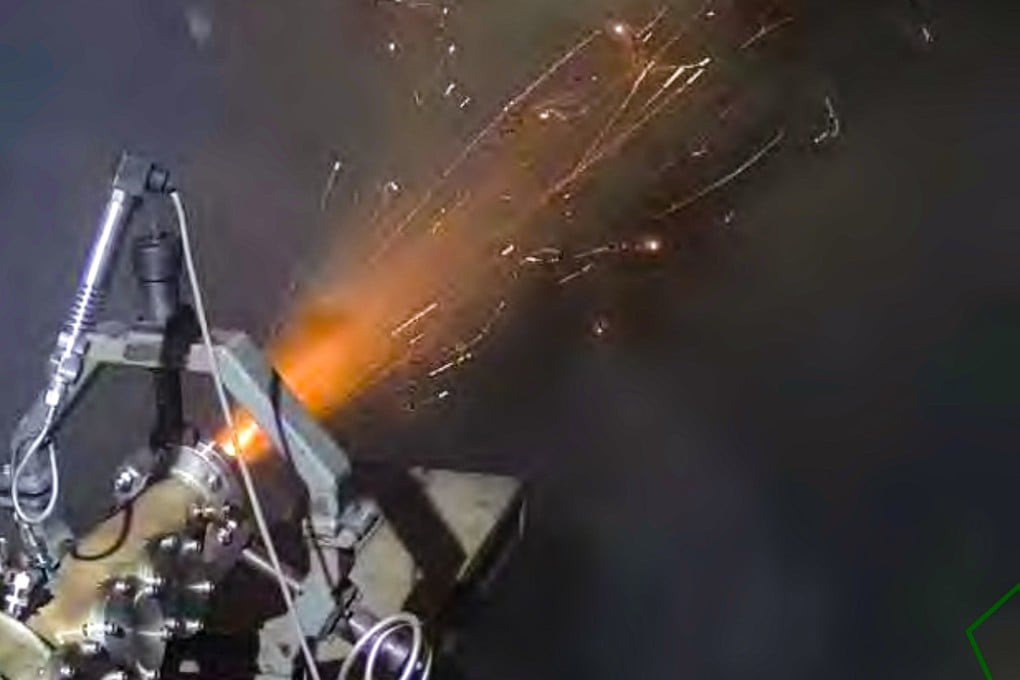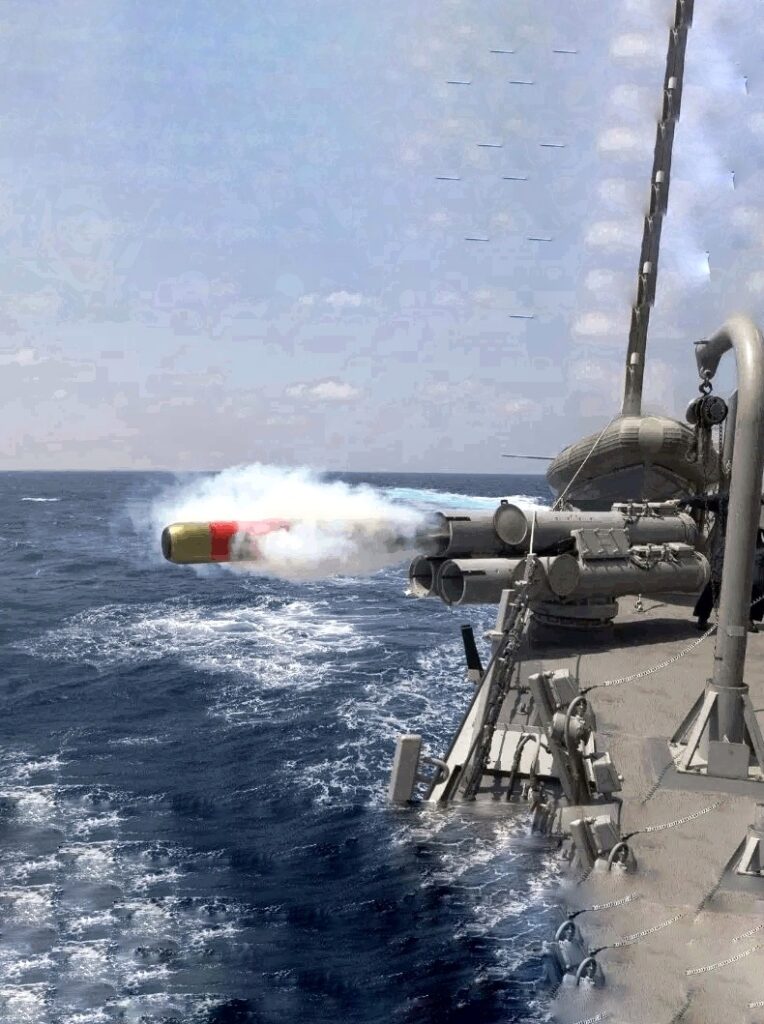An engine that can carry weapons at incredible speeds through both air and water has been developed by Chinese scientists
Two years after unveiling their ambitious blueprint for a boron-powered propulsion system, Chinese scientists now claim to have successfully developed the “dream engine” that could revolutionize modern warfare.
Initially conceived for hypersonic weapons, the engine has now undergone modifications to operate across multiple environments—flying through the air and diving into the sea to reach targets at incredibly high speeds and over extended distances.

This achievement, as reported in the peer-reviewed Journal of Propulsion Technology last month, confirms the engine’s potential for practical use, according to the Hong Kong-based SCMP.
The engine is primarily fueled by boron, used in scramjet engines on a few Chinese hypersonic weapons. When boron comes in contact with oxygen, it burns intensely, accelerating the missile to over 5 times the speed of sound.

For this, they modified the design by optimising the injection volume of water vapour in the combustion chamber and also the ratio of other ingredients in the fuel like aluminium and magnesium, which allows boron to burn more intensely in vapour
f successful, it could reshape the landscape of modern weaponry. The development of an engine that can function both in the air and underwater is a technological breakthrough that gives China an edge in the growing field of multi-modal military systems.

Boron, a lightweight element used in scramjet engines – known for their supersonic combustion – is the critical component in this propulsion system. Its unique properties make it ideal for such high-speed, high-efficiency engines capable of pushing the limits of modern weaponry.
When boron comes into contact with oxygen in the air, it ignites with remarkable intensity, rapidly propelling a missile to speeds surpassing five times the speed of sound.
References: Lumi News, SCMP + Other sources
read more :
China Coast Guard vessels enter Arctic Ocean for the first time
Grimaldi :New China – west Africa line for various goods in 2025




